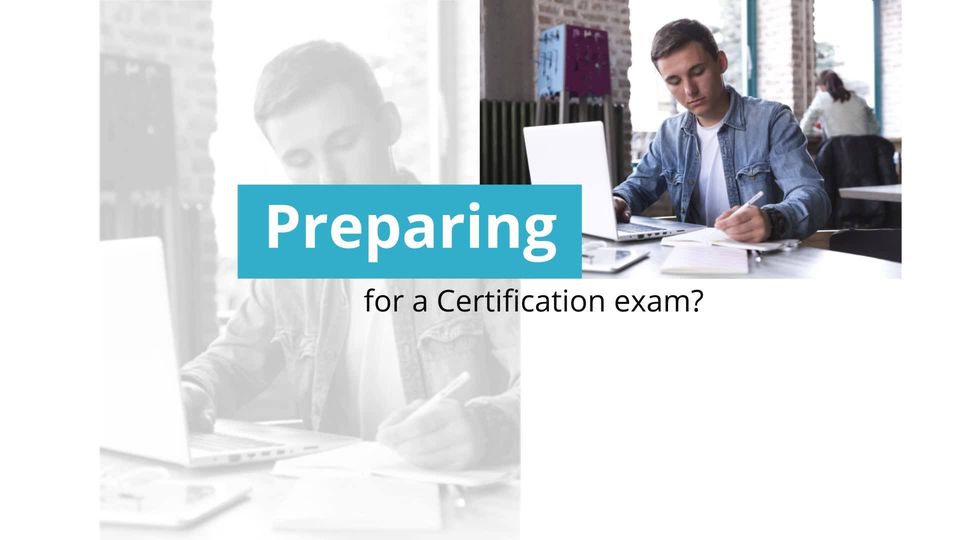So, you're interested in becoming a Board-Certified Behavior Analyst (BCBA)? That’s an awesome choice! BCBAs have a big role in understanding and improving human behavior, often working with individuals with autism, developmental disabilities, or other behavioral challenges. The path to becoming a BCBA requires a clear plan first. Here is how you can become a board-certified behavior analyst.
Know The Role Of A BCBA
The initial step is to know know what a BCBA does and whether you are ready to work in a challenging role that requires keen observation. BCBAs use principles of Applied Behavior Analysis (ABA) to develop and implement strategies that improve social behaviors. A BCBA works in schools, hospitals, clinics and private institutions where the sole objective is to upgrade the quality of life for the clients through evidence-based practices.
Education
Choose bachelor’s degree in the following areas:
• human behavior
• education
• social sciences
When it comes to your master’s degree you have a couple of options like, master’s in behavior analysis or master’s in education or psychology with a focus on ABA. Make sure either of the programs you choose is approved by the ABAI and it should include a Verified Course Sequence (VCS) authorized by the BACB. These courses cover essential topics such as,
• principles of behavior analysis
• ethical and professional conduct
• research methods
• behavioral assessment
• intervention strategies
Accumulate Supervised Experience
You need to complete a certain number of supervised experience hours and it comes in three types,
Supervised Independent Fieldwork
Requires 2,000 hours of independent work under the supervision of a BCBA.
Practicum
Needs 1,000 hours but is typically more structured and part of your graduate program.
Intensive Practicum
Stipulates 750 hours and involves more frequent supervision. During your supervised experience, you’ll apply what you’ve learned in real-world settings under the mentorship of a certified BCBA. This is where you hone your skills and gain practical insights.
Apply for BCBA Certification
Once you’ve completed your coursework and supervised experience, you’re ready to apply for BCBA certification. For this you have to submit your transcripts and supervised experience documentation to the BACB and pay the application fee which will then be followed by a background check.
Tip: All your paperwork must be in order to avoid delays in the application process.
Pass the BCBA Exam
The final step is passing the BCBA exam, where you will be covering all areas of behavior analysis. Here is how to you can prepare for the exam:
• Study the BACB task list that outlines all the concepts you need to know.
• Use study guides and BCBA practice exams to familiarize yourself with the exam format.
• Collaborate with peers and together solve BCBA exam sample questions from Certification-Questions in order to get additional insights and support.
Maintain Your Certification
Once you’re certified, the journey doesn’t end because BCBAs must adhere to continuing education requirements to maintain the certification. You will have to complete a certain number of Continuing Education Units (CEUs) in areas like ethics, supervision, and advanced behavior analysis topics.
Consider Specializations
As you gain experience, you are most likely to specialize in a particular area, such as working with autistic children, organizational behavior management, or behavioral gerontology. Specializations can make you more marketable and allow you to focus on areas you’re passionate about.
Author Bio:
The author offers up to date exam dumps and study materials that also covers free mock BCBA exams for those preparing to pass certification courses in various fields like IT, administration and other areas. For more details visit https://www.certification-questions.com/.





Comments